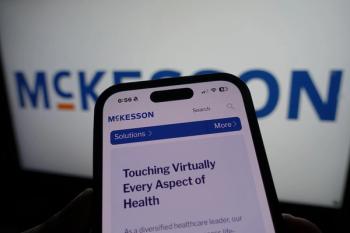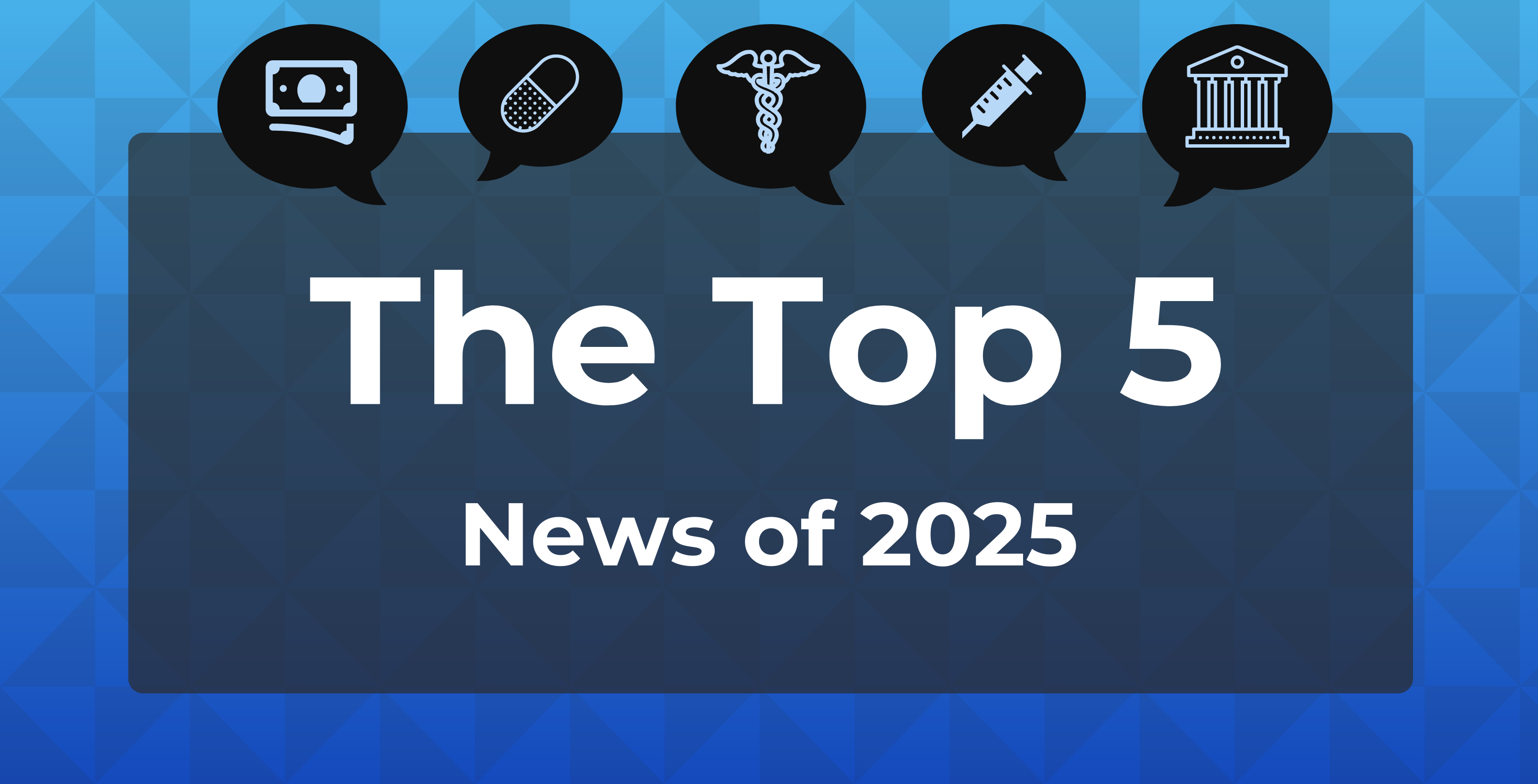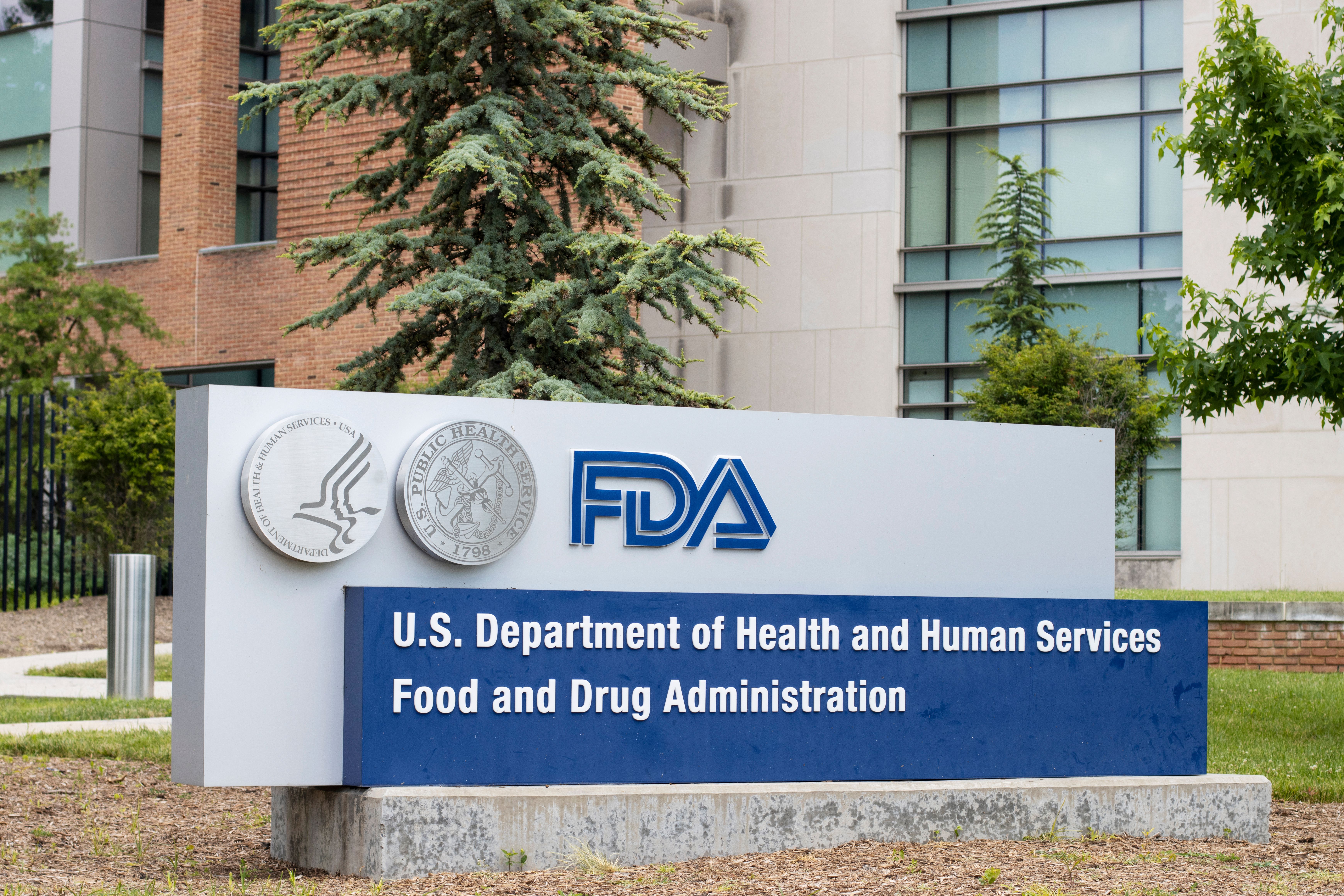
Policy
Latest News
Latest Videos

Podcasts
More News

As value-based care mandates expand, a new survey highlights documentation burdens and burnout risks.

Democrats move to extend ACA subsidies as enrollment closes, leaving consumers uncertain about premiums, coverage, and alternative health options.

In analyzing 2025 Transparency in Coverage (TIC) files from national insurers, the authors found vast payer-level differences; overall, physician/outpatient data were more complete, and hospital inpatient data were less complete.

While DTC pharmacy models offer convenience, they may create cost, access, and guidance barriers for the "working poor."

ICHRAs may help employers and employees manage rising premiums and the loss of extended tax credits, according to expert insights from Ben Light.

ACIP delayed the vote on the hepatitis B vaccine schedule amid ongoing controversy and misinformation surrounding vaccine safety and infant immunization.

Patients with stage I to IIIA NSCLC had lower 2- and 4-year mortality in states that expanded Medicaid coverage.

As open enrollment continues, 77% of surveyed Americans were happy with their options for 2026 health care coverage, although cost concerns surfaced.

A national survey shows high overall trust in scientists, but confidence declines steadily with political conservatism.

Self-pay emergency department prices rose significantly from 2021 to 2023, especially at for-profit and system-affiliated hospitals, highlighting growing affordability challenges for uninsured and underinsured patients.

Jennifer Graff, PharmD, and Brian Reid, MS, emphasize that DTC pharmacy models can give patients more convenient access to medications but may increase out-of-pocket costs.

With ACA subsidies ending in 2025, Ben Light explains how rising premiums may push individuals toward ICHRAs and reshape employer health coverage strategy.

A new study shows fee-for-service care is linked to higher odds of low-value surgery, suggesting salaried models may reduce unnecessary procedures.

Automating Processes Can Help Prevent Avoidable Losses of Coverage: William Schpero, PhD, MPhil, MPH
Avoiding losses of coverage due to administrative barriers can be done with a focus on making some of the processes automatic.

This commentary proposes a hybrid drug pricing reform model balancing most favored nation (MFN) benchmarking with domestic negotiation strategies that drive equity-focused valuation frameworks.

New research shows immigrant children face higher odds of unmet medical needs as federal and state coverage rules narrow.

To mark the 30th anniversary of The American Journal of Managed Care (AJMC), each issue in 2025 includes a special feature: reflections from a thought leader on what has changed—and what has not—over the past 3 decades and what’s next for managed care. The December issue features a conversation with AJMC Co–Editors in Chief A. Mark Fendrick, MD, director of the Center for Value-Based Insurance Design and a professor at the University of Michigan in Ann Arbor; and Michael E. Chernew, PhD, the Leonard D. Schaeffer Professor of Health Care Policy and the director of the Healthcare Markets and Regulation Lab at Harvard Medical School in Boston, Massachusetts.

McKesson's report highlights key trends in community oncology, emphasizing patient-centered care, precision medicine, and the need for innovative clinical trials.

Within the same physician groups, 2-sided risk in Medicare Advantage (MA) was associated with higher quality and lower utilization for dually eligible beneficiaries compared with fee-for-service MA and traditional Medicare.

The uninsured rates may skyrocket when Medicaid work requirements go into effect and if the Affordable Care Act (ACA) subsidies are not extended.

Eleanor Perfetto, PhD, explores how most favored nation policy relates to broader drug pricing and cost-effectiveness debates in the US.

The expansion of direct-to-consumer (DTC) pharmaceutical manufacturer models and the upcoming TrumpRx launch offer lower costs but create new complexities for patients.

With ACA subsidies and key CMS payment models ending in 2025, premiums are set to rise, shifting costs to consumers and employers.

Svetlana Barbarash, MD, outlines the lack of cardiologists and transplant services in Las Vegas and the policy changes needed to close gender gaps in care.

A large cohort study found adolescents and young adults starting TMP-SMX faced a higher 30-day risk of acute respiratory failure than those on other antibiotics.




















